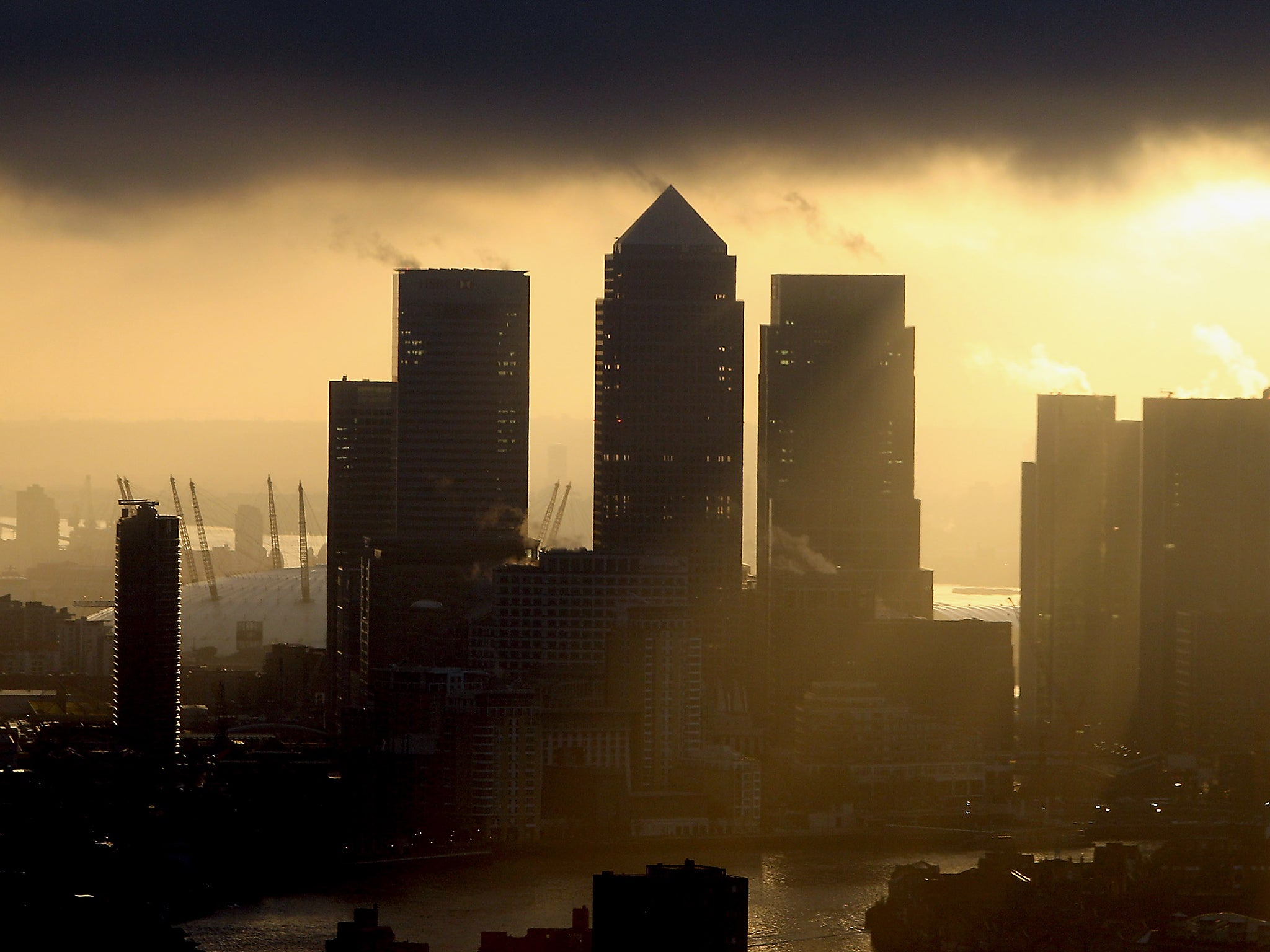Brexit: UK on course for even deeper economic slowdown than expected
Britain's GDP is expected to drop from 1.8 per cent growth last year to 1.5 per cent in 2017 and to 1.4 per cent in 2018, according to PwC

The UK economy is on course for an even deeper slowdown as consumer spending and business investment take a hit from uncertainty surrounding the Brexit negotiations, new research has found.
Britain's GDP is expected to drop from 1.8 per cent growth last year to 1.5 per cent in 2017 and to 1.4 per cent in 2018, according to PwC's UK Economic Outlook.
The professional services firm has downgraded its previous prediction for 2017 when it pencilled in GDP to ease at a slower pace to 1.6 per cent.
Consumer spending has been a key driver of the UK economy, but household spending power has come under increased pressure from a double-whammy blow of higher inflation and sluggish wage growth.
John Hawksworth, PwC's chief economist, said Brexit uncertainty would also apply the brake to business investment as firms put their capital expenditure plans on pause.
He said: “Brexit-related uncertainty may hold back business investment, but this should be partly offset by planned rises in public investment.
“Fiscal policy could also be further relaxed in the 2017 Autumn Budget to offset the ongoing real squeeze on household spending power.”
UK economic growth for the first quarter was confirmed at 0.2 per cent last month, a marked slowdown compared with the 0.7 per cent expansion seen in the final three months of 2016.
The pay squeeze on British households has also intensified, with wage growth continuing to lag behind inflation.
Once the cost of living is taken into account, annual total pay in real terms sank by 0.7 per cent to its lowest level since the summer of 2014 and fell 0.5 per cent excluding bonuses over the three months to May, according to the Office for National Statistics (ONS).
Inflation marched to its highest level in nearly four years at 2.9 per cent in May, with the Bank of England expecting inflation to peak at 3 per cent by the autumn.
Economists are widely expecting GDP to struggle in the second quarter of 2017, and predict momentum in the UK economy to slow in the years ahead.
The influential EY ITEM Club nudged down its GDP growth outlook from 1.8 per cent to just 1.5 per cent in 2017, saying that the UK economy has deteriorated since April.
Forecasts by the Centre for Economics and Business Research (Cebr) show that the UK economy will grow by just 1.3 per cent in 2017, a substantial downward revision from an earlier forecast of 1.7 per cent.
Despite the pessimistic outlook, Mr Hawksworth said the UK economy was not edging towards a recession.
He added: “There are still downside risks relating to Brexit, but there are also upside possibilities if negotiations go smoothly and the recent Eurozone economic recovery continues.
“We expect the UK to suffer a moderate slowdown, not a recession, but businesses should be monitoring this and making contingency plans.”
Business news: In pictures
Show all 13PwC also flagged a potential a growth fall in the UK property market, with house price inflation expected to hit 3.7 per cent for this year, down from 7 per cent in 2016.
It would mean the average British home would be worth £220,000 by the end of 2017, a jump of £8,000 on last year, as prices push towards the £300,000 bracket by 2025.
Richard Snook, senior economist at PwC, said: “There is a huge disparity in how sub-regional housing markets have performed since the recession.
“The local authorities that have experienced the greatest falls in house prices since 2007 are all based in Northern Ireland, while London dominates biggest risers with all boroughs experiencing price growth of over 50 per cent.”
PA
Subscribe to Independent Premium to bookmark this article
Want to bookmark your favourite articles and stories to read or reference later? Start your Independent Premium subscription today.

Join our commenting forum
Join thought-provoking conversations, follow other Independent readers and see their replies